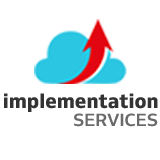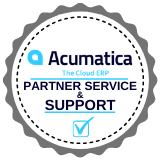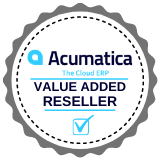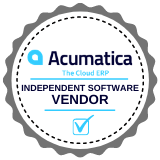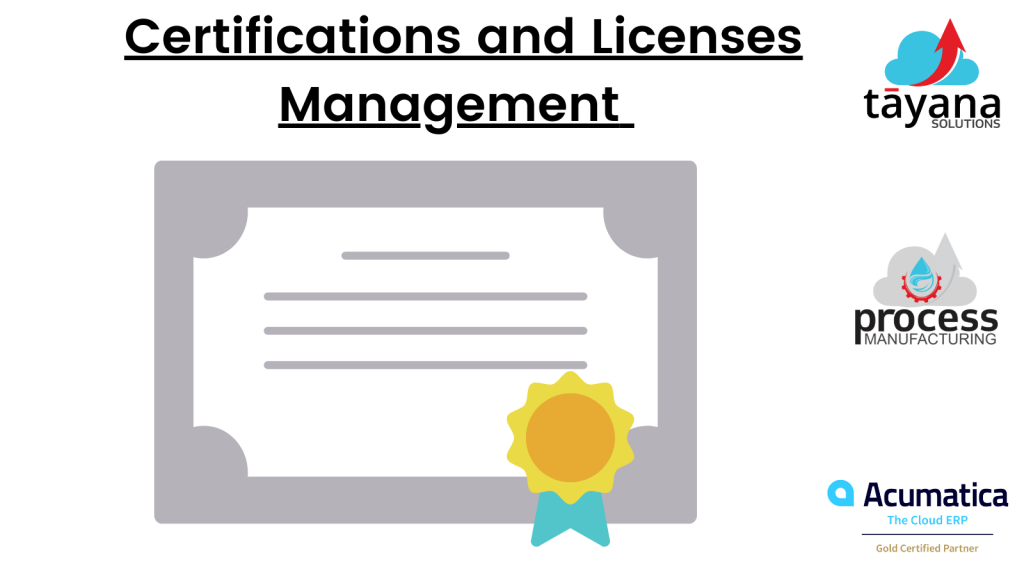Managing digital certificates is essential because they establish confidence and adhere to security regulations. The CA can create and issue certificates to people who request them. The approved certificates and Licenses get designated as legitimate by publishing them to a certificate repository. It is an entity that keeps track of valid certificates and their attributes like validity duration and owner.
What is certificate management?
Key certificate management is the process of analyzing, enabling, and performing all certificate processes required for network activities to run smoothly. To put it another way, it’s the process of obtaining, deploying, renewing, and renewing certificates on their various endpoints.
The purpose of analyzing digital security certificates is known as certificate management. It covers procedures like:
- Creation
- Storage
- Dissemination
- Suspension
- Revocation
Certificate authorities are in charge of certificate management and act as registrars for client certificates.
SSL certificate management involves the practice of monitoring and controlling the lifespans of all SSL certificates installed within a system, from purchase and installation to monitoring expiration and consumption. This procedure thus gives IT managers full access and control over their SSL systems. Therefore, it allows them to anticipate security breaches, outages, and compliance difficulties.
How does SSL certificate management work?
The following series of events happens in the background; when browsers try to establish an encryption session with an SSL-secured website:
- The browser establishes a secure connection with a web server and asks the server to verify its identity.
- When the web server gets the request, it sends a copy of its SSL certificate as well as its session key back.
- The web server decrypts the message with its encryption key and sends a confirmation to the browsers. A session key is encrypted to begin the session.
- Following that, the browser and server start the session in which the key pair encodes all the data.
- When the browser obtains the certificate, it compares it to a specified list of trusted CAs to determine its validity. If the browser accepts the certificate, it generates a session key, encrypts it with the server’s public key, and transmits it back to the server.
What is software license management?
Software license management refers to the processes and tools your company employs to track and document the software products. A company requires SLM to ensure that its company complies with all applicable enterprise and end-user license agreements (EULA).
Roles of software license management
SLM is an important part of software asset management (SAM), which is itself an important part of IT asset management (ITAM). SAM is a collection of tools and techniques for managing, controlling, and protecting all of your software assets throughout their life cycles. To fulfill the objectives of the project, it is evident that effective software license management and compliance are essential.
Successful SLM also provides IT and the company as a whole with some distinct additional benefits.
- Cost management
Overprovisioning or the acquisition of “additional” licenses intended to ensure uptime but often go underutilized is especially common in software. In case of a shortage, the goal is to prevent the cost and difficulty of swiftly purchasing and distributing more licenses. Overprovisioning, on the other hand, can quickly become a high but generally unnoticed cost. Software license management tools ensure that the number of licenses purchased corresponds to the number required by the company.
- Cybersecurity
Ransomware and other viruses take advantage of renegade programs and older system software with out-of-date safety features. By identifying, limiting, or even deleting unlicensed and under-protected programs from your IT estate, effective SLM can enhance cybersecurity.
- Compliance and audit security
For years, leading corporate software companies have considered the potential to “true-up” their clients’ software license contracts as a substantial revenue source. This is because discrepancies between contractual terms and actual software usage nearly invariably result in overspending, fines, or both for the audited company. Best software license management tools are the first and greatest line of defense against license compliance audits and other difficulties. These difficulties can be costly.
Why choose automated certificate management tools?
With the growth of the online revolution, practically every business process has adopted digital technology like automated certificate management as a means of operation. The number of linked devices in use today is at an all-time high, ranging from cloud apps to the internet of things. Every device linked to the web or another system needs at least one digital certificate to work efficiently.
On the other hand, an operator, who is in charge of administering Public Key Infrastructure for a company or a business unit, frequently faces hundreds, if not thousands, of certificates. Each certificate is linked to a set of variables that are unique to that certificate, such as:
- Warranty dates that differ (and hence, renewal necessities).
- Multiple certificate authorities have issued it.
- Composed of various system flaws that must be separately monitored and fixed.
Automated Certificate Management Tool simplifies and automates certificate management by consolidating tasks for issuing, installing, inspecting, remediating, and renewing TLS/SSL certificates in one place.
All of these processes are impractical to manage using manual methods such as spreadsheets, necessitating the use of an enterprise certificate management tool.
Bottom line
Automated certificate management is highly recommended for all productions and businesses. Letting your employees share the responsibility of certificate management may save a little money in the process, but difficulties are nearly certain to arise in the long run.
These issues can be aggravating for users, and they demonstrate how inefficient certificate management can have a severe influence on an organization’s communications’ accuracy and protection.
Your organization can undergo a digital transformation. Tayana Solutions can help you find the correct solution, implement ERP or bespoke solutions, adjust or alter business operations, and provide L1 or L2 support to your users.

Sangeetha brings 20 years of experience in Information Technology which includes Solution architecting, building micro services, research, and evaluation of business applications, integrating apps.





